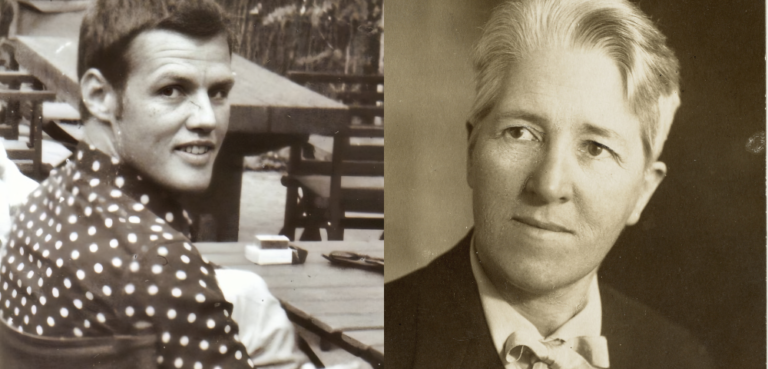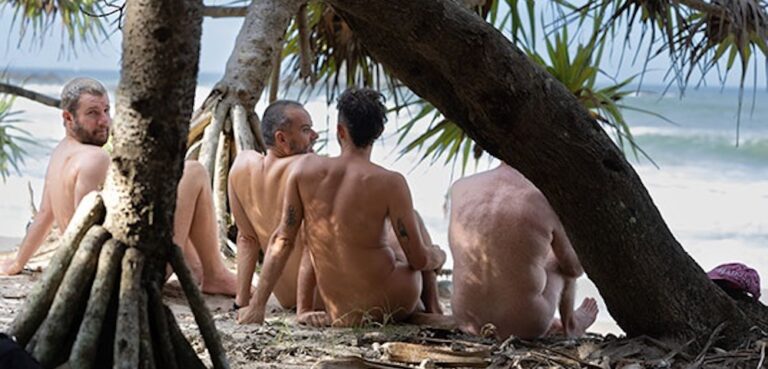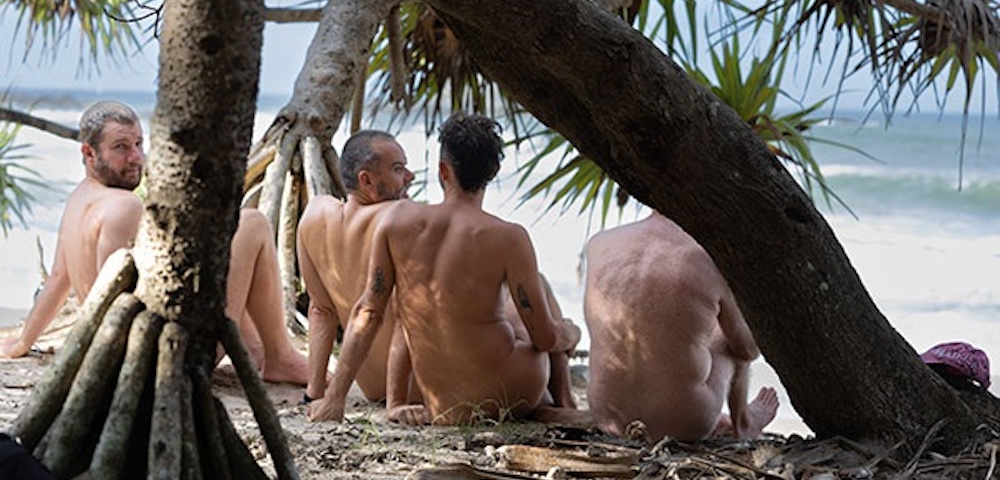
KX Injecting centre needs to put patients first
BY ANDREW WOODHOUSE
DRUGS are the twentieth century’s ‘gift’ to society. They’re in clubs where peddling profiteers give clubbers a high, or low if they die from overdoses. They’re at large outdoor concerts where police spend millions on sniffer dogs to stick their wet nostrils into people’s underwear. They’re at airports and customs where they’re imported by the boat load.
And they’re in our face on the streets of Kings Cross where they’re purchased like that 1960s icon, a Street’s Cornetto ice-cream.
The government’s so-called ‘war on drugs’ has failed: police say they can’t arrest their way out of this problem.
So why are we protecting the dealers by encouraging drug use with taxpayers’ money on the Kings Cross Medically Assisted Injecting Centre, which does nothing to prevent or solve the problem in the first place?
The centre’s meaningless mantra states it ‘saves lives.’ Drinking water saves lives. Lockout laws save lives. Taking drugs does not. Behind its frosted glass window patients are assisted to inject drugs purchased on the street.
Its current location was a last resort decision. After the brother of former NSW Premier Bob Carr died of an overdose in a back lane, Mr Carr acted. Nuns in Roslyn Street volunteered to take it on but were prevented by the Pope himself.
The Wayside Chapel Minister provided an illegal shelter for users. He was charged. The charges were then dropped. Nurses in hospitals didn’t want it as patients were too violent. So Mr Carr purchased today’s site from the Methodist Church and passed a special, site-specific, Act of Parliament to exempt patients from criminal charges.
Patients attempt to evade police, unsuccessfully, by fleeing into it for sanctuary. Almost 70% have been arrested at least once in the previous three months.
The patients deserve better treatment, I say. We’re only treating symptoms and not causes of their drug, homeless, psychiatric, legal and unemployment crises.
Surely patients are entitled to the same care as anyone else in the health system? They also pay for health care, deducted from their allowances. They’ve got the diagnosis but no prognosis, at least here in NSW.
So does it reduce the level of drugs in society? Or provide crisis accommodation? Does it eliminate drug dependency? Answers: No. How many patients are now drug-free since opening 15 years ago in 2001? Answer: Unknown.
It’s hardly wholistic, only opening Monday – Friday and weekends, 9.30am to 5.30pm. it’s a band-aid solution and a legalised shooting-up gallery. It’s not part of the solution but part of the problem and a money pit. In Europe such centres are in discrete small, non-retail streets.
The local Liquor Accord said to the Callinan Lockout Law Review: “One of the biggest hurdles facing local businesses … is the public perception Kings Cross remains the “go-to place” to easily obtain drugs … the street is frequented by those who … congregate, sleep or sit in doorways close to the MSIC … there’s been a significant change to the MSIC’s original heroin dependent users … [they] are now more dependent on other forms of drug use, especially … “ice”.
So it’s past its use-by date.
Patients should go to Victoria. To get rid of them? No, because they are professionally treated and weaned off drugs in a controlled environment.
Selling on-street drugs for profit is eliminated in one hit. This doesn’t decriminalise drugs: it reduces addiction, a better solution.
Their Drug and Alcohol Recovery Centre, one of six statewide is run by CEO, Ms Karenza Louis-Smith who says, “The Centre is … a short-term residential facility for up to 48 people at a time offering a three-month-long rehabilitation program and shorter, 4-6 week, “circuit breaker” stays. Residents undertake a Detox program to help them stop using drugs away from the centre. At the end of their treatment, people continue to receive anti-drug back-up support in their wider community.”
She’s my hero.
This reduces patients’ addiction, helping them make a positive, productive contribution to society and escape the crime, drugs and poverty vortex they’re sucked into.
And it puts patients’ welfare first, the real role of the medical industry.
Andrew Woodhouse is President, Potts Point & Kings Cross Heritage & Residents’ Society.









